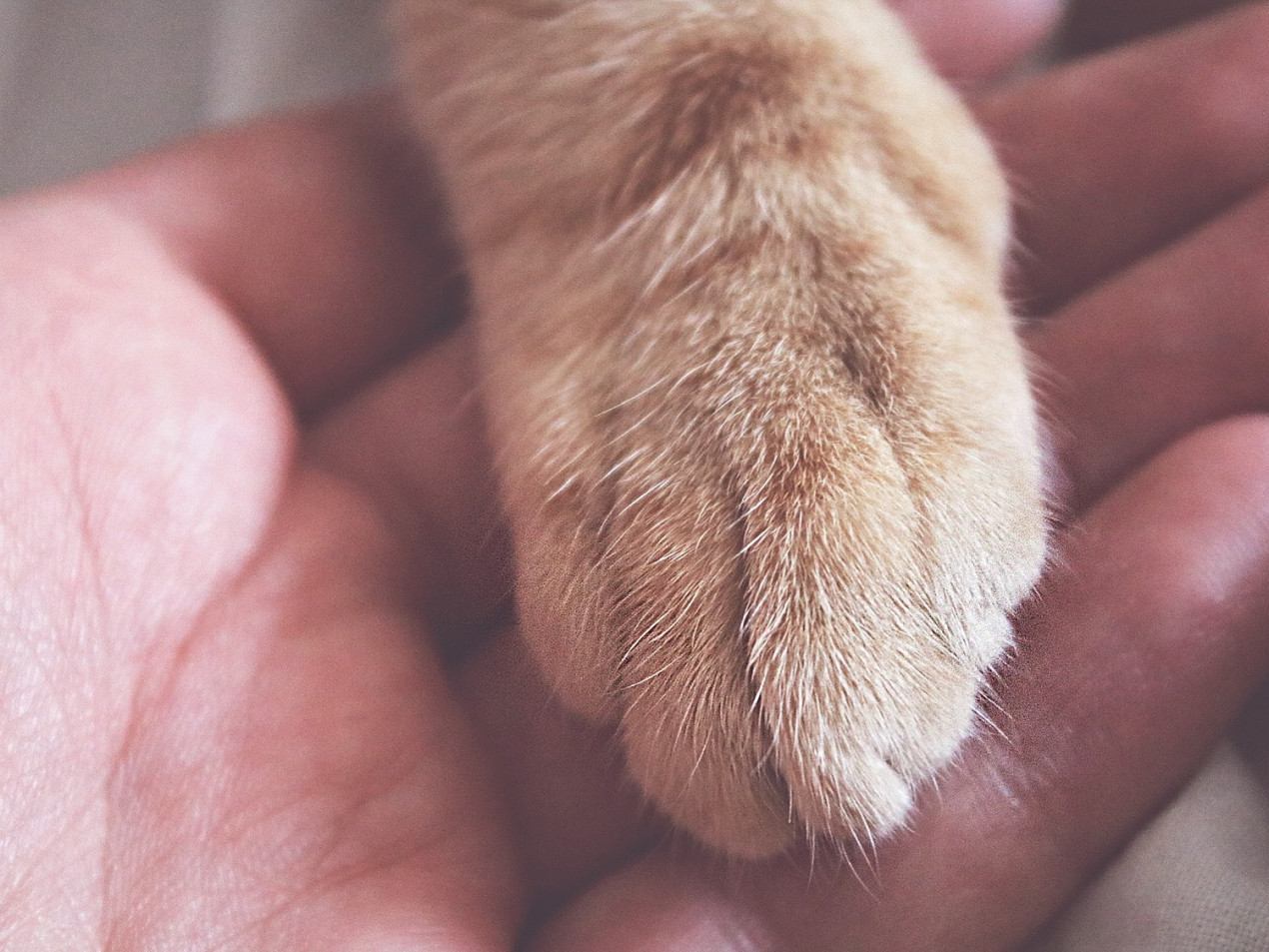Do you need help?

Step-by-step: Treating your pet for worms
No owner wants to discover that their pet has intestinal worms. If left untreated, worms can cause serious illness in pets and some can even be passed on to humans.
There are four types of intestinal worms that can affect dogs:
- Roundworm (which is the most dangerous). There are two types: toxocara canis and toxascaris leonin.
- Hookworms
- Whipworm
- Tapeworms.
Cats can catch hookworms, whipworm, tapeworms as well as the toxascaris leonina variation of roundworm.
Even animals that look healthy can carry worms. That’s why, in order to protect everyone in your home, it’s vital that pets are wormed regularly.
Follow the steps below to help protect your pet from intestinal worms.
What you’ll need
- Worming treatment (from your usual daytime vet)

Worried about your pet?
Video chat with a vet within minutes.
1. Discuss with a vet
If you are worried your pet has intestinal worms or you would like more advice regarding treatment, call your local daytime vet in the first instance.
2. Use a worming treatment recommended by your vet
Regular worming is vital to protect your pet from intestinal worms, but many worming treatments also kill worms your pet has already picked up. Call your regular daytime vet and use the product they recommend.
3. Arrange to get the product
Under the current restrictions your local daytime vet should still be able to supply worming treatment which you can then give your pet at home. Your daytime vet will be able to advise you on how you can get hold of the product – for example by providing a prescription for you to order online or offering a delivery service.
4. Consider the age, size and health of your pet
Keep these factors in mind and be sure to follow dosage instructions carefully.

